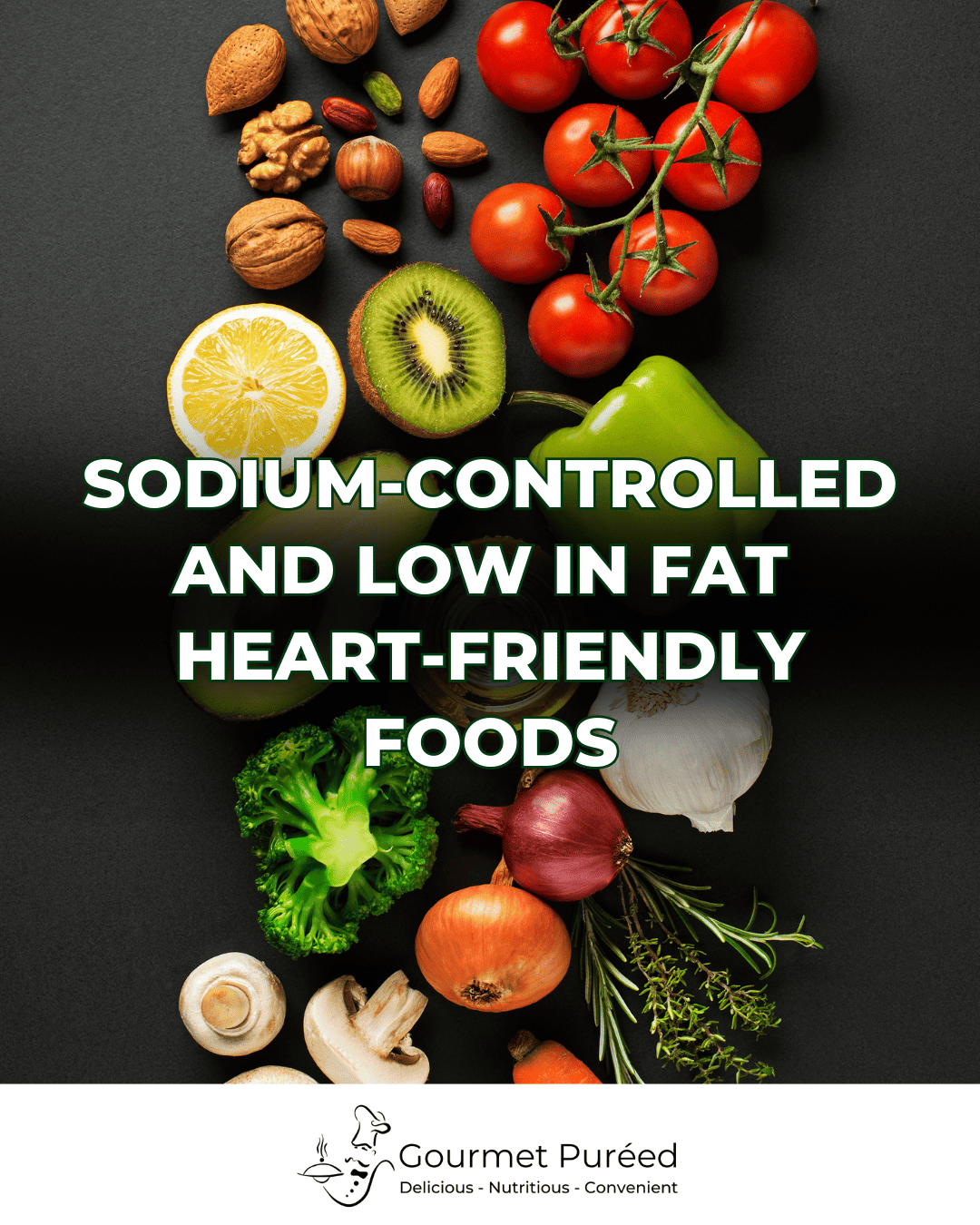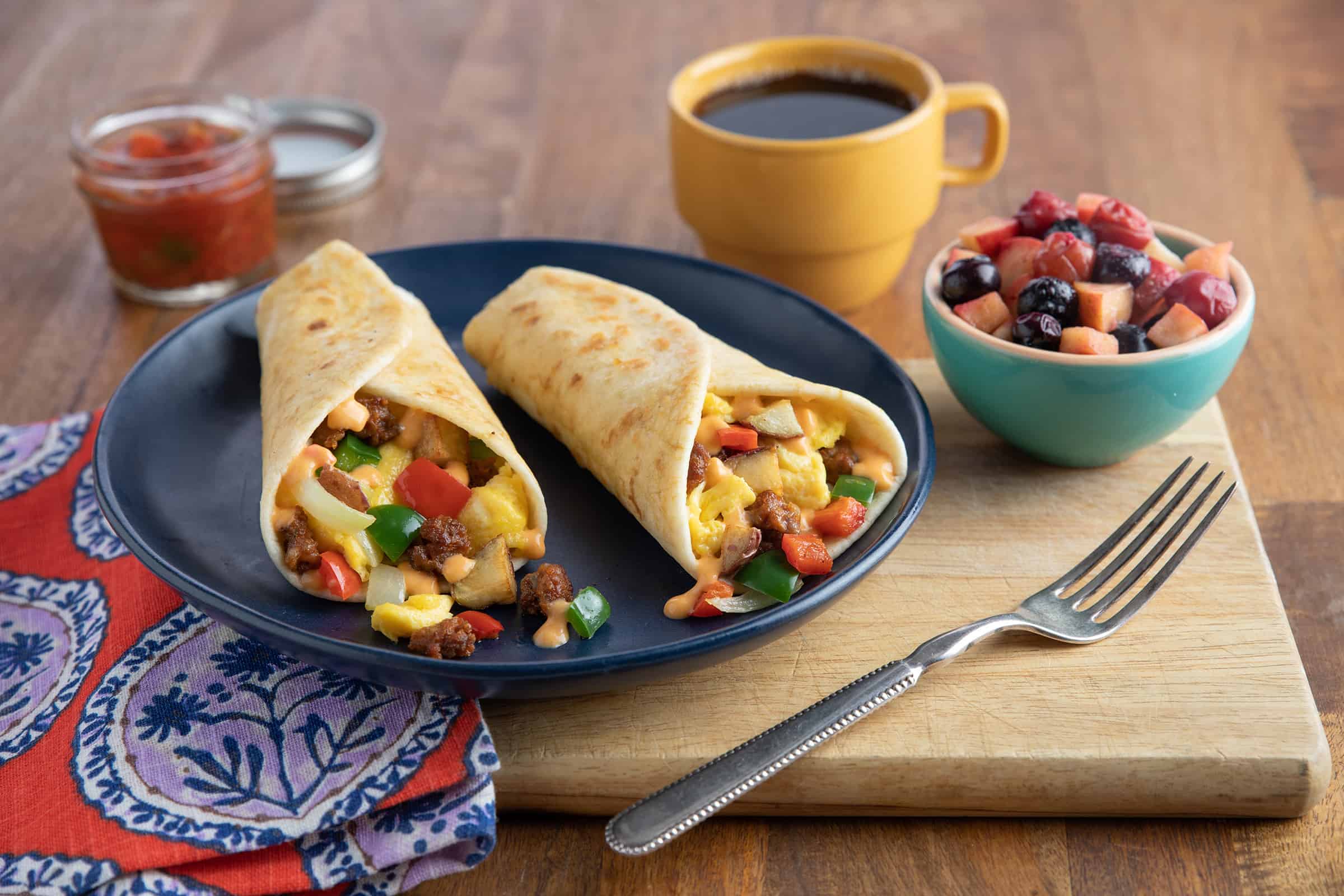Sodium-Controlled and Low in Fat Heart-Friendly Foods
Adopting a heart-healthy diet can be challenging, especially if you have established unhealthy eating habits. A low-fat and sodium diet is crucial for maintaining a healthy heart. This article explores foods that are low in fat and sodium and are packed with essential nutrients that promote cardiovascular health.
Heart-Friendly and Sodium-Controlled Foods
Here are some sodium controlled and low in fat foods:
1- Spices and herbs
Spices and herbs not only enhance the taste of food but also have positive impacts on health. Recent studies have revealed that consuming various herbs and spices can boost heart health. One of the studies showed that including these in meals can lower blood pressure for people with a higher risk of heart disease.
2- Cruciferous vegetables
Cruciferous vegetables, like broccoli and cauliflower, offer numerous health benefits. Studies have shown that eating these vegetables regularly can decrease the risk of cardiovascular disease and certain cancers and improve blood pressure. They may also protect against Alzheimer’s and Parkinson’s diseases.
3- Dairy products
Adding dairy products such as milk, cheese, and yogurt to your daily diet has been linked to lower risks of heart disease, stroke, and death, according to recent studies. Consuming at least two servings a day of these dairy products has shown to be beneficial for overall cardiovascular health.
4- Whole grain pasta
Like all whole-grain foods, whole-grain pasta offers various health benefits like better heart health, improved blood sugar levels, and weight management. It is due to its high fiber content, an essential component of a healthy diet.
Heart-Friendly Foods that are Low in Fat
Let’s look into heart-friendly foods:
1- Olive Oil
Studies suggest that incorporating olive oil into your diet can positively impact heart health. Results from various trials indicate that those who regularly consume olive oil in amounts more significant than half a tablespoon per day have a 15% lower chance of developing any form of cardiovascular disease and a 21% decreased likelihood of experiencing coronary heart disease.
Additionally, replacing saturated fats, such as butter or mayonnaise, with olive oil can reduce the risk of cardiovascular disease by 5% and coronary heart disease by 7%. Despite these benefits, it is essential to note that there is no evidence that olive oil consumption reduces the risk of stroke.
2- Seed and Nuts
According to research, incorporating nuts into your diet could have heart-health benefits. Nuts contain beneficial unsaturated fatty acids and various nutrients, making them a convenient and nutritious snack. However, due to their high-calorie content, it is important to practice portion control. Opting for nuts instead of less healthy snacks can help you maintain a heart-healthy diet.
3- Benecol products
The critical ingredient in Benecol products, plant stanol ester, has been proven effective in lowering cholesterol levels through more than 70 clinical studies. Incorporating Benecol into a daily diet low in saturated fat may reduce the risk of developing coronary heart disease.
4- Avocado
Incorporating avocados into your diet may reduce your risk of heart disease. A study issued in the Journal of the American Heart Association found that eating two portions of avocado per week, or about one avocado, could lower the risk of developing coronary heart disease by 21%.
Final Verdict
Incorporating sodium-controlled and low-fat foods into your diet is crucial for maintaining heart health. Gourmetpure.com offers a range of delicious and nutritious home-delivery meals that cater to different health conditions and dietary requirements.
With nutritionally tailored menus and convenient delivery options, gourmetpure.com makes it easy for you to stick to a heart-friendly diet and achieve your health goals. So, start today and experience the benefits of a healthy, heart-friendly diet with gourmetpure.com.
Meta Description
Discover delicious and nutritious heart-friendly foods that are sodium-controlled and low in fat. Learn how to incorporate these foods into your diet!




